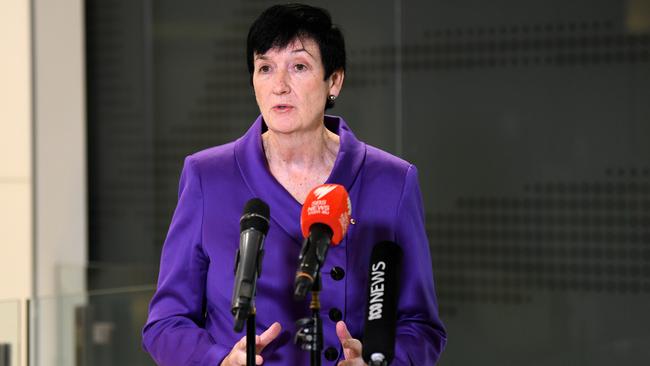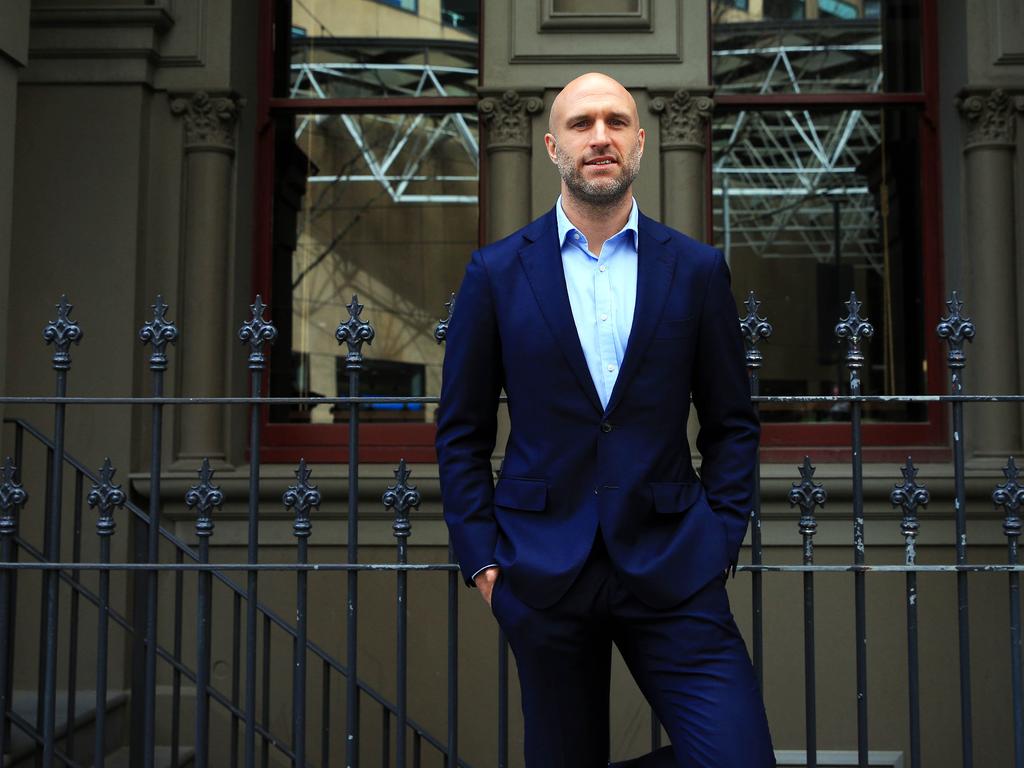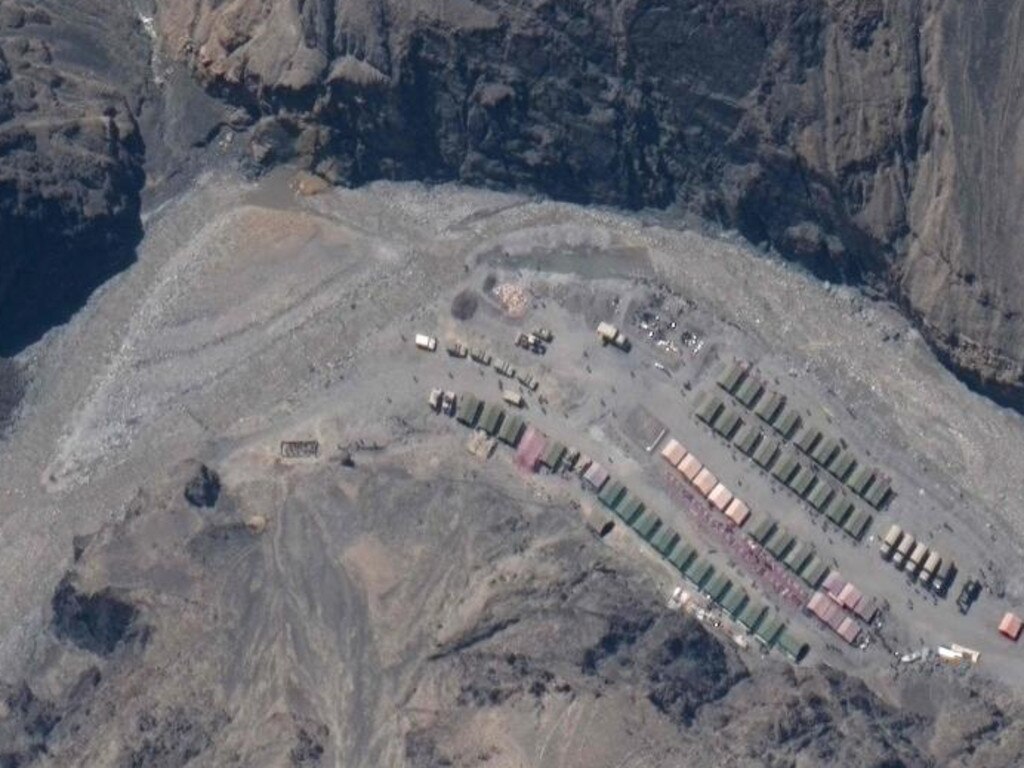Call to end 10-year ideological war on climate
The nation’s top companies have called for a halt to 10 years of ‘ideological climate wars’.

The nation’s top companies have called for a halt to 10 years of “ideological climate wars”, so that Australia can focus on new technologies such as hydrogen, electric vehicles and grid reliability to achieve net zero emissions by 2050.
In its submission to the Morrison government’s Technology Investment Roadmap (TIR) discussion paper, the Business Council of Australia urges the government to assess the full system-wide costs and benefits of priority technologies. This would avoid the risks of trying to pick winners and crowding out better alternatives, like with the government’s Underwriting New Generation Investments program, which the BCA said should be “abolished immediately”.
“Reaching net zero emissions will need to be done in a way that drives the creation of new jobs, creates new opportunities, supports regional economies and protects the most vulnerable,” the lobby group’s CEO, Jennifer Westacott, said in a statement.
“To create new jobs and lower our carbon emissions we need a laser-like focus on giving business the certainty they need to invest.
“Ending a decade of ideological climate wars and working together to back this road map and locking in a longer strategy is crucial to our recovery.”
As foreshadowed in The Australian, the submission argues for a target of net zero emissions by 2050 to limit global warming to 2C in line with the Paris Agreement, as well as a price on carbon to facilitate the transition.
It says this would give the private sector a sense of direction and an idea of the abatement gap and investment task. The government, however, has consistently declined to embrace long-term emission-reduction targets, or a market-based solution such as carbon pricing.
The BCA says the TIR should carefully target government support at market failures across the innovation chain to encourage as much private sector investment as possible.
It should also avoid areas of the market where technology was already commercially available, and identify sectors of the economy with large-scale abatement opportunities and commercially viable, near-term solutions.
Broader regulatory, planning and environmental approval processes needed to be efficient and streamlined to avoid being an impediment to priority technologies.
“The BCA is firmly of the view that a well-designed innovation policy is a critical element in an effective and dynamically efficient response to climate change and the need to achieve carbon neutrality of the global economy by 2050,” the submission says.
“Achieving decarbonisation at all, let alone at least cost, rests on the large-scale deployment of a range of existing and emerging low, zero and negative-emission technologies across global supply chains between now and 2050.”
Among the technologies highlighted by BCA members as worthy of consideration under the TIR were electrolysers to produce hydrogen for export and domestic industrial use; blending hydrogen and biomethane with gas; carbon capture use and storage, and digital integration technologies. Also recommended were solar thermal; replacing coal with bioenergy in the form of biochar/biocoke; soil carbon measurement technology; diesel replacement for long-haul road freight; and hydrogen fuel-cell and electric-battery vehicles.







To join the conversation, please log in. Don't have an account? Register
Join the conversation, you are commenting as Logout